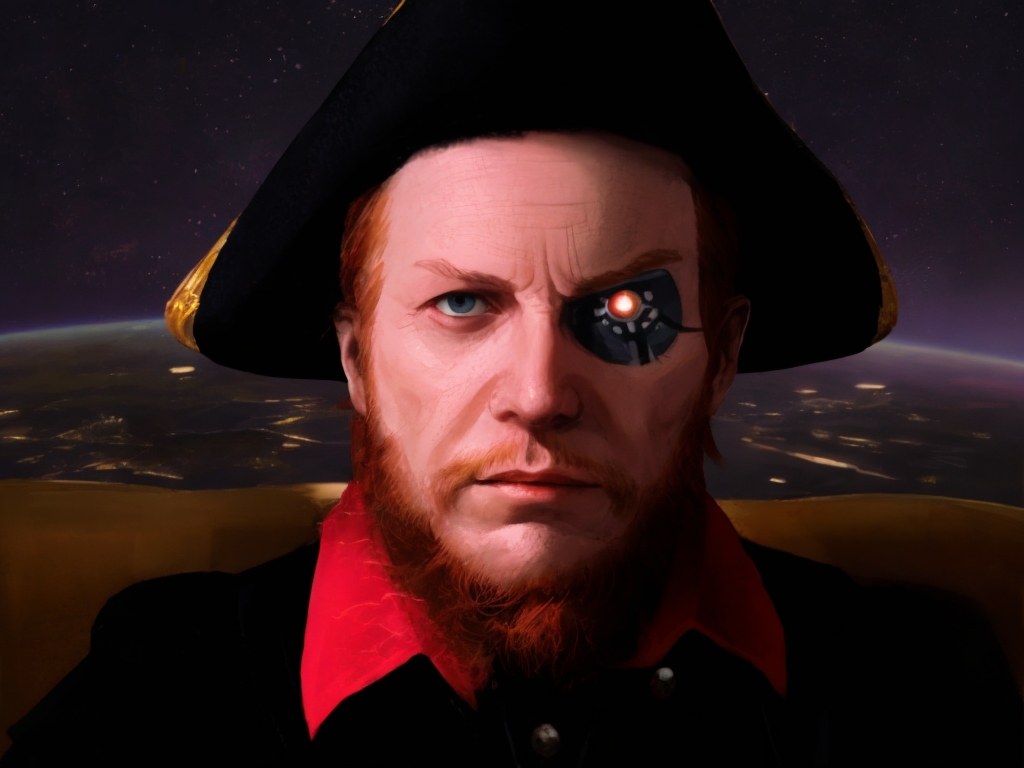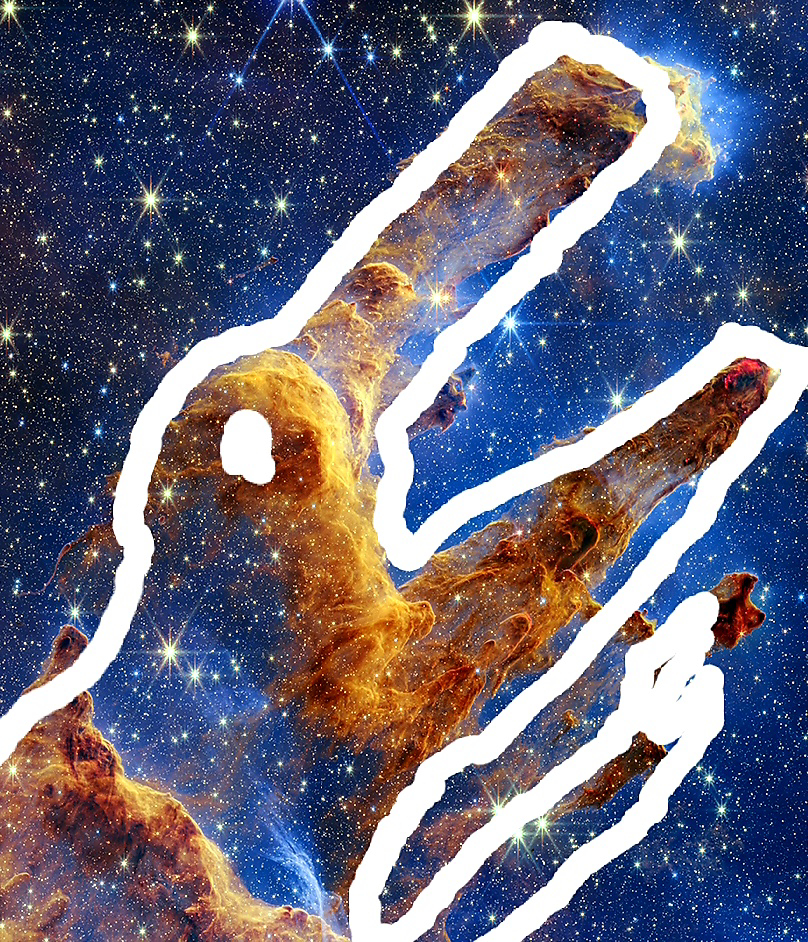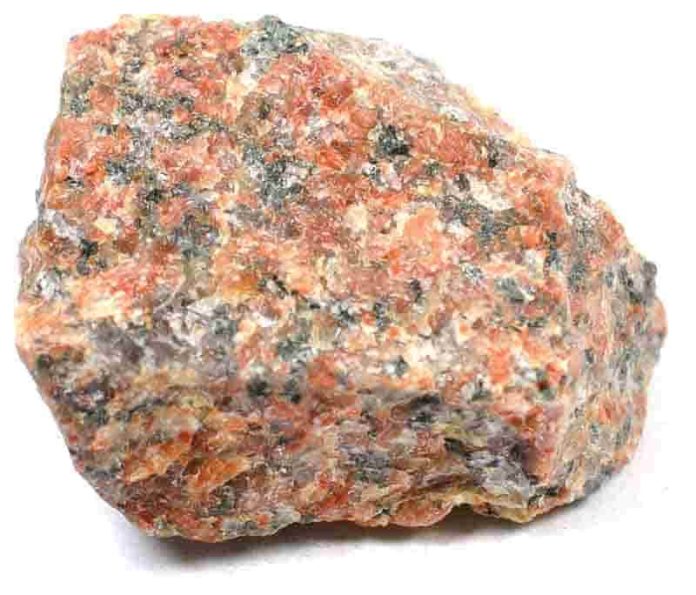Hey there, fellow movie enthusiasts! I’m on the hunt for films that portray positive masculinity. We often see movies with traditional, stereotypical portrayals of masculinity, but I believe there’s a world of cinema out there that can challenge these norms and offer a fresh perspective.
So, I’m turning to you, the experts of Lemmy, to help me discover hidden gems and well-known classics that showcase men in a positive light, breaking free from the clichés. Positive masculinity can encompass a wide range of qualities such as empathy, vulnerability, strength in character, and emotional intelligence. I’m interested in any genre – from drama and comedy to action and sci-fi – as long as the films make us question what it means to be a man.
Let’s curate a list of films that define positive masculinity in cinema.
Lord of the Rings trilogy.
There’s so much to it, the relationship between Frodo and Sam, Gimli and Legolas, the kindness and openness of Aragorn, the everlasting joyfulness of Merry and Pippin, Boromir who stood by his brother and Faramir who saw the good in people.There’s so much to love in lotr
I could joke about the fact that there’s essentially no interaction between female actresses in the LOTR trilogy, or social media’s crazy love towards this series, but this is honestly a great example of positive male bonding and friendship, acknowledging and working through one’s flaws, and achieving an goal despite overwhelming odds.
Agreed on the women’s part, not well executed. I stand behind the hype though, both the movies and books are my all time favorites but I grew up with them :)
I had a difficult time with the books. The first ~60 pages are descriptions of the Shire and Hobbits. I loved The Hobbit though.
It was weird to realize that the books and movies were about different things
The movies are about the characters and their struggles to try and beat Sauron obviously
But the books got a lot more interesting when I started looking at them as the stories of a world and its history and the way that that world handled to coming and going of another dark lord. The threats he posed to peaceful places, the peace broken simply by his presence, and also the people and places legitimately above and outside Sauron’s reach. The fact that Sam’s star or Tom Bombadil would look at this great and terrible evil, the worst ever known to so many in the world, and to them it would be but another passing of an era, the opening of a new story dated to end like all the rest.
The scale and perspective of it all is just so dramatically different that I can’t help but feel like reaching that perspective is half the journey for the reader.
Interesting for me the main motive always was - that power will always corrupt people. Which seems to be a nice summary of Tolkiens time and experience.
I was just hyperfocusing through it, every time. On my teenage years to young adult I used to read it almost every year within like 3 days
deleted by creator
There are some great meta-analysis of LOTR and the positive masculinity it portrays.
This one is my favorite https://youtu.be/GruFzUsKddI?si=yDZL5QJQ1oJ-jOtf
Aside from that it’s a wonderful trilogy all round. It’s a great story of good vs evil, brotherhood, loyalty and friendship.
I have never thought about the Lord of the Rings in that light before. Thank you for this.
Solid, yeah.
I can start with two exemples:
“Dead Poets Society” (1989)
Robin Williams inspires a group of students to embrace their individuality and challenge societal expectations.
Good Will Hunting" (1997)
Matt Damon’s character, Will Hunting, learns to open up emotionally and seek help, displaying positive growth.
I was going to add Good Will Hunting. It strangely fills the op’s request for non-traditional male character growth well.
And since we are on a Robin Williams kick, I would also add “What Dreams May Come”. Strong Robin William performance that focuses on character development, and what it means to have integrity and determination as a man and
spoiler
father
If you’re interested in animated shows, Avatar: The Last Airbender’s uncle Iroh is a really solid depiction of healthy masculinity.
He’s kind and gentle, but has a tremendous amount of strength both emotionally and physically. He’s empathetic and loving, diplomatic and wise, but very humble and doesn’t take himself too seriously. He loves tea and flowers, and doesn’t get bothered or embarrassed when other male characters tease or mock him for his hobbies.
Sokka also has very good character growth in terms of healthy and positive male traits. He starts out as a bit abrasive and sexist. The opening scene of episode 1 is actually just Katara going off on him about sexism. The scene is kind of abrasive but again, the character grows really well as the series progresses. And I think Sokka is important too. Showing that male characters CAN change and CAN become better people.
Plus, the show does have another case of character growth, with one of the most compelling in all media when it comes to Zuko. And towards the end of the show, he’s also showcasing a lot of positive traits. The duality with his sister is also important. Because this is one of the only shows that has the female counterpart as more violent/“evil” than a male character. Usually the female character is always the gentle, kind, loving one that tempers the male one. But they flipped that on its head. No, girls can be abusive too.
From the world of animation princess mononoke and for a very direct approach Vinland saga ( you have to be ok with ultra violence, but in this case it’s a clever device to lure in a specific target audience that actually needs to hear the message).
I’ll have to check those out.
Uncle Iroh may be my favorite character ever. Across all media. There’s an impossible amount to love about his story and arc
Yeah, he’s great for sure!
For purely positive masculinity, Avatar is good. It was great for it’s time, but I think there are some bits and pieces that haven’t aged the best. Most of the female characters end up being damousels in distress. The most prominent, Katara, is primarily a maternal figure who mostly adheres to traditional heteronormative gender roles. Toph was originally written as a joke, according to interviews with the writers. It’s hard to say for sure how much was on the writers vs the execs at Nickelodeon. For the time, it was still fairly progressive.
Korra is a worse show for a variety of reasons, but this is one of the places where I think it’s better than Avatar. Another show that shares some writers with Avatar is The Dragon Prince. It’s still not done yet and it’s not perfect, but so far seems to be pretty good.
I do think Avatar helped to bush the boundaries and opened up doors for later shows. Adventure Time is probably the biggest, and I’d say Finn is a fantastic example of a boy growing up and learning to avoid toxicity. That spawned a wave of what some derrogatorily and erroneously refer to as the “Cal Arts” era, which I think are even more great examples of not just positive masculinity, but positive humanity. Steven Universe is probably the most relevant here, but it seems like almost everyone who worked on Adventure Time went on to get a show of their own after, and most of them are pretty good.
HIGHLY disagree with the damsoules in distress comment.
While Katara does take on a motherly role in the group (which is even addressed in “the runaway”) she is never portrayed as that way even in that episode where her and toph are taken prisoner as bait for Aang, she busts them out on her own. And is scarily powerful in episodes like “The Puppet master” or “Ths souther Riaders”
Then Toph is a fucking badass.
Suki is also a fucking badass and has a whole mini arc with Sokka about NOT needing him to save her in “The serpents pass” and while she is part of the jail break in “the boiling rock” she is never the motivation for that story, Sokka’s dad is. And the jailbreak is a team effort, not her being saved.
Azula is fucking Azula
Mai and Ty Lee are a little underdeveloped but are badasses through and through and never really need saving and are even the ones to save the Gaang in “the boiling rock”
Katara had an entire character arc where she flipped gender roles.
She was also an active participant in the action rather than a passive emotional anchorFor sure, it is of its own era 100% I never watched Adventure Time but I heard a lot of good things about it. My spouse is into Steven Universe and I’ve watched a few episodes. From what I’ve seen it’s pretty good!
Kinda off-topic but since you’re talking about Adventure Time’s legacy I have to bring this up. It all started with Flapjack, really.
I can’t see that reddit post without downloading the app, but I think I understand.
With Flapjack, I know that Quintel. Was involved too and he went on to do Regular Show, which ran largely parallel to Adventure Time. A lot of shows in that era of CN I lump together: Flapjack, Chowder, Foster’s, Regular Show, etc. They’re all fine, often with similar and interesting visuals. I think if you’re just looking at technical aspects like the animation, the use of textures, sureal world building, and more you can draw that back to Flapjack.
But I think there’s a huge gap in the writing. Those other shows are mostly just “hijinks of the day”. The writing isn’t all that different from shows throughout the 90’s and 00’s like SpongeBob, Billy & Mandy, Johnny Bravo, Dexter’s Lab, CatDog, etc. That’s where I think Avatar really pioneered, and Adventure Time differentiated itself. Tackling heavy emotional topics in a way that was accessible to a young audience, almost educational with regards to emotional intelligence. Getting children to think and feel complex things instead of just re-hashing the same 2 dozen episode tropes. I never cried watching a Flapjack episode, for example.
I don’t mean to say that it wasn’t done before Avatar. Samurai Jack is notable for going an entirely different direction. Or you can point to Japanese anime (a lot of which gets referenced by these later shows, like Evangelion). Even when it comes to Adventure Time, I would point to Over the Garden Wall as a stronger influence in terms of what made AT unique than Flapjack (though McHale worked on all 3). I didn’t bring up OtGW earlier because it doesn’t really have many examples of positive or negative masculinity, but it does have a lot of dark themes and some serious character development.
For TV shows, Ted Lasso is so good at this. So good. At first, it seems like the show will be a caricature of real life kind of like It’s always sunny (but less criminal and more quirky), but then it reels it back in to real life again.
For movies maybe these:
But I’m a Cheerleader
The Sandlot
The Addams Family
A Goofy Movie
Star Trek: The Wrath of Khan
Forrest GumpSecond for Ted Lasso! It shows the “alpha male” side to be fairly ridiculous and not necessary, and shows that positive support, honesty, acceptance, and communication are keys to building better relationships, for both men and women, I might add.
Don’t forget forgiveness. The way they made every single character have real humanity in that show. Honestly I might comfort watch it tonight. Been a hard day.
I think The Martian fits these criteria.
Dune. Maybe it doesn’t focus enough on what you’re looking for, but I was happy to see Paul so readily showing affection for his friends (like Duncan and Hawat), receiving affection in return, and the genuinely loving relationship between Paul and his father.
I especially liked how Paul’s father reacted when Paul said he wasn’t sure he could be Duke: “You’ll still be the only thing I ever needed you to be - my son.”
It’s worth noting that I genuinely liked Duncan, not because he was tough, “cool”, or a good fighter (although he was all of those things), but because he was a good person. I was actually sad when he died. By contrast, a lot of movies make you root for a character because they’re a badass who cracks jokes, and leave it at that.
I also appreciate that positive masculinity is normalized in several brief scenes, rather than an obvious, clumsy, heavy-handed delivery.
TV shows again, but very notable and important examples I think are Star Trek: TNG and DS9
I thought the Barbie movie did a pretty good job of showing negative and, in the end, positive masculinity.
Whoever came up with “I am Kenough” needs all the money.
I’m kind of confused, doesn’t the movie seem to say that ken clearly doesn’t believe he is Kenough?
- he feels the need to defend his statement with lies (“and I’m good at doing stuff”) rather than loving himself unconditionally.
- we last see him bawling his eyes out,
- barbies’ ending seems to imply that becoming a person rather than the image of one is what it means to be complete & fufilled, something ken explicitly does not achieve.
Idk, I feel like people are reading pretty far ahead of what the text shows on this one. Is he in a better place? Sure, but he’s still nothing like a role model. Any genuine kenmpleteness is imagined on the viewers part.
The big fight scene seems like the closing of an arc in him accepting that he’s “just Ken” and how that’s not a bad thing.
I bought the shirt! It’s so good!
Yeah, that’s right. I had a good conversation with my girlfriend afterwards.
Everything Everywhere All At Once. Very fresh take on “masculinity”. Great video on the subject: https://youtu.be/O7YnbGszcb8
Literally the best movie I’ve ever seen. I can’t recommend it enough.
Drive. Na jk.
The dad in Easy A. Total g
Everything Everywhere All At Once.
I haven’t seen these movies myself, but the YouTube channel Cinema Therapy showcased the Rocky franchise as an example of healthy masculinity
Lord of the Rings. Cinema Therapy did a whole video on why it’s positive masculinity.
Lots of good stuff here. I really like Master and Commander. Aubreys relationship with the doctor, and the challenges of friendship while isolated on a ship really shaped me and my perception of friendship as not simply being with people you never argue with.
The books are fantastic too. Highly recommended. If you like audiobooks, I prefer the ones narrated by Patrick Tull.
I would also add Newt Scamander in Fantastic Beasts and Where to Find Them.










